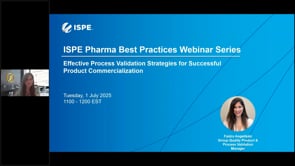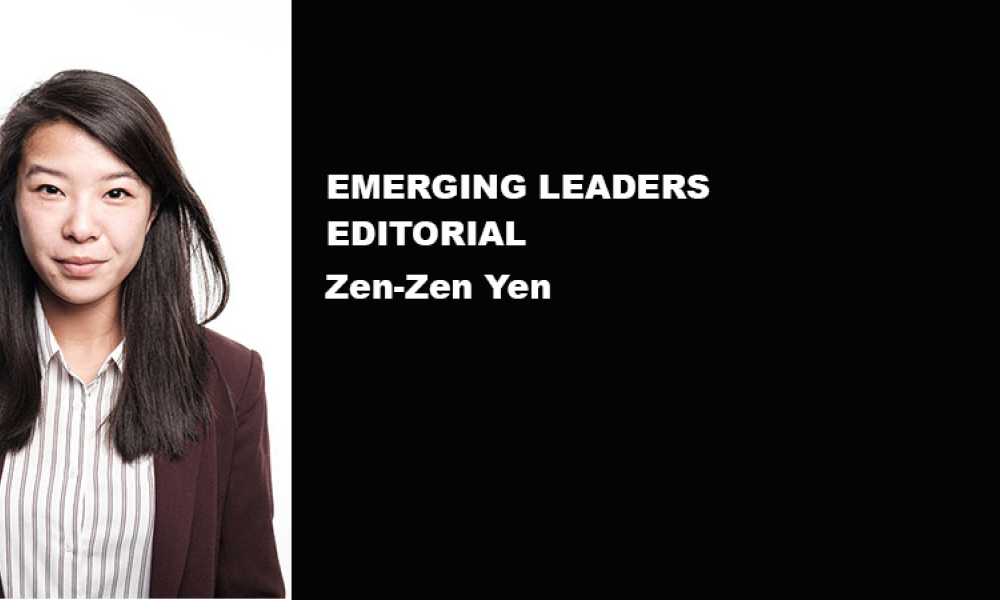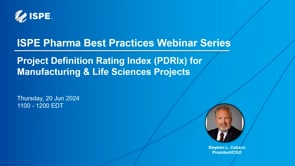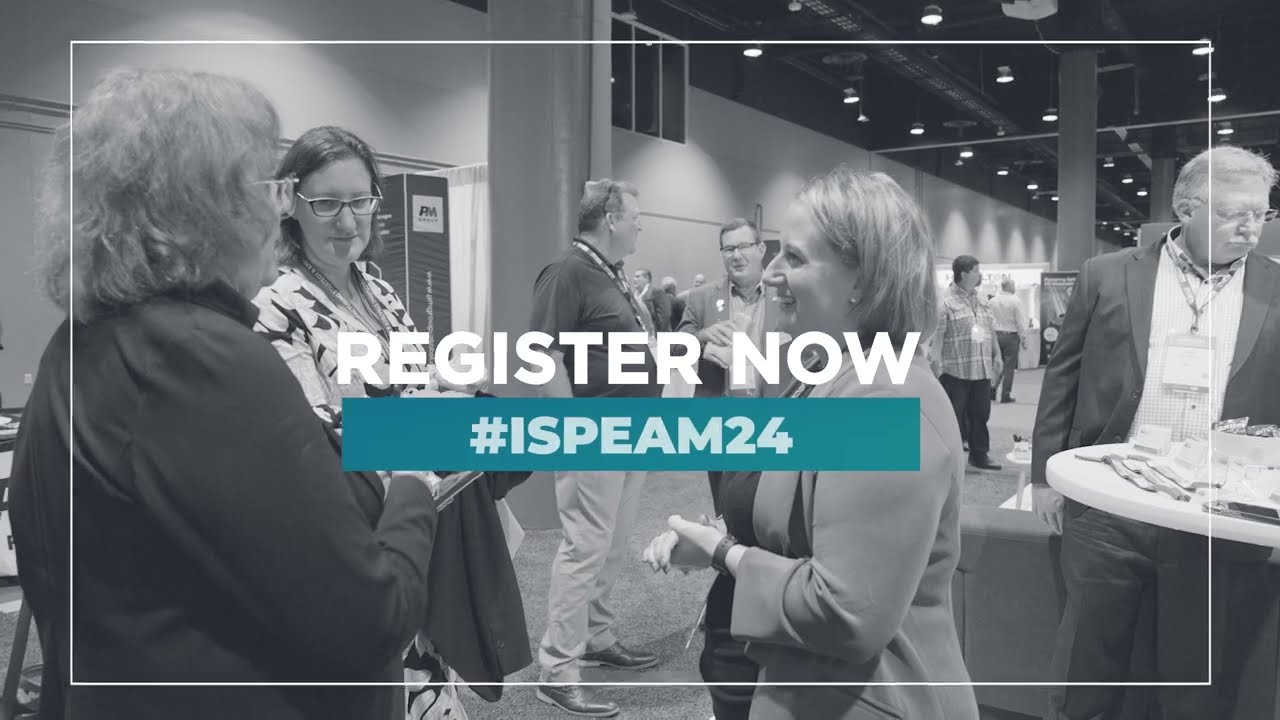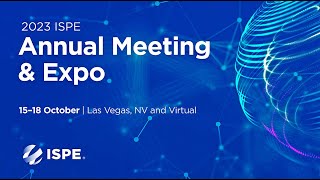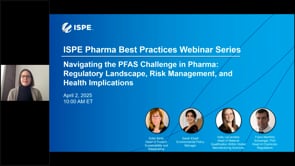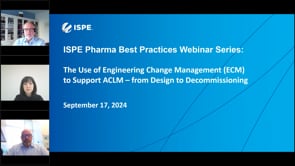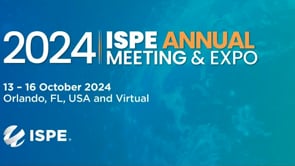Content focuses on multiple types of management in the pharmaceutical industry. Examples include Project Management, Knowledge Management, Product Management, and Plant/Site Management.
Guidance Documents
Active Pharmaceutical Ingredients (1)
+Drug Shortages (1)
+Good Manufacturing Practice (7)
+Investigational Products (1)
+Knowledge Management (4)
+Lifecycle Management (1)
+Manufacturing Operations (7)
+Process Analytical Technology (1)
+Project Management (6)
+Quality Assurance (3)
+Supply Chain Management (1)
+Community Discussions
Community Discussions
Aug 18, 2025
Aug 18, 2025
Quality Assurance
Aug 11, 2025
Quality
Lifecycle Management
Validation
Jul 25, 2025
Data Integrity
Jul 24, 2025
Information Systems
Artificial Intelligence
Data Integrity
Jul 17, 2025
Manufacturing Operations
Oral Solid Dosage
Jul 08, 2025
Pharma 4.0™
Pharmaceutical Engineering Magazine Articles
Webinars
Upcoming
On-Demand
White Papers
March / April 2025
A Skill Management Framework for a Pharma 4.0™ Workforce Feature: Pharma 4.0™ is driving fundamental…
July / August 2022
ISPE held an Expert Xchange on 18 January 2022 that included presentations and interactive exercises…
January / February 2022
Emerging Leaders has grown from an initiative for interactions among early-career professionals and…

ISPE in the News
Latest
-
Driving Better Outcomes for Quality Control Labs
-
Explore the July/August Issue of Pharmaceutical Engineering®
-
AI Designs Antibiotics for Drug-Resistant Pathogens
-
ICH Accepting Comments on Leachables Impurities Guidance
-
Lilly Hikes Mounjaro List Price in UK
-
Made Scientific Opens Cell Therapy Facility in N.J.
-
Considerations for Blood Plasma Facility Design
-
Sustainability an Essential Consideration for CDMOs
-
mRNA Research Funding Cuts Could Have Far-Reaching Consequences
- ISPE Training: GAMP® Basic Principles 3-Day Training Course, Online Live, 1-3 September







